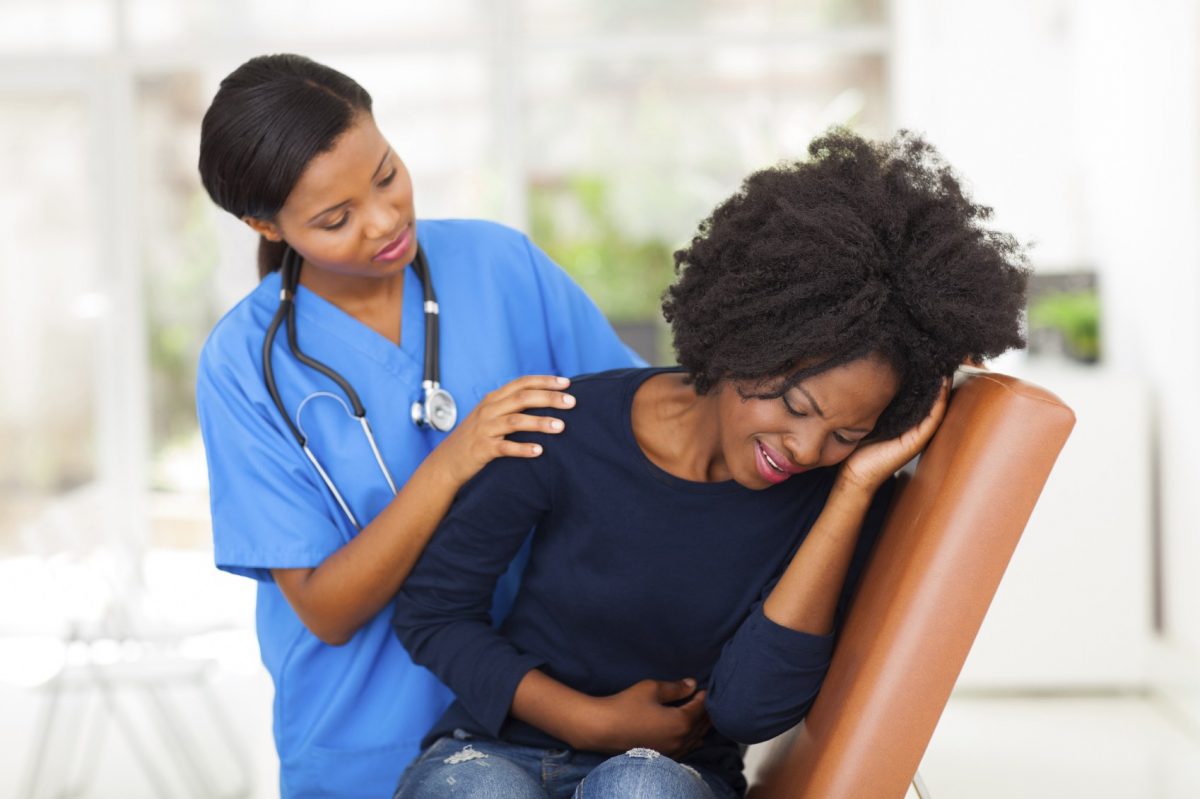
All You Should Know About The Signs And Symptoms Of Colon Cancer
- Anu
- September 2, 2020
- Health
- colon cancer, colon cancer in women, colon cancer signs and symptoms
- 0 Comments
 Colorectal cancer is the third most diagnosed cancer in both men and women.
Colorectal cancer is the third most diagnosed cancer in both men and women.
Although it is slightly more common in men, 1 in every 24 women will be diagnosed with colon or rectal cancer at some point in her life.
Colon cancer starts as a tiny growth in the inner wall of the colon and these growths are called polyps.
Polyps are usually benign (noncancerous), but when a cancerous polyp does form, cancer cells can move into the lining of the colon or rectum and spread. Cancer cells can also enter the bloodstream and lymph system.
In its early stages, colon cancer may have no noticeable symptoms.
It however remains the second most common cause of cancer-related deaths among women and men combined, though experts believe deaths could be prevented with screening and early diagnosis.
Here are the major symptoms of colon cancer
1. Change in bowel habits
A sudden change in bowel habits that lasts for more than a few days, such as diarrhea, constipation, a distinct change in the size, shape, or color of your stool, or a feeling that your bowel is not empty after a bowel movement can indicate a symptom of colon cancer.
2. Abdominal Pain or cramps
Women are at risk for symptoms of colon cancer which may be easy to mistake for symptoms related to the menstrual cycle or other gynecologic problems, such as abdominal cramping from menstrual cramps or endometriosis.
3. Unexplained Weight Loss
Unexplained weight loss may mean invader cells are settling in and impacting your body’s ability to digest calories and also reflect a larger growth that is either ulcerated or partially blocking the path of stool in the colon.
4. Constant tiredness and fatigue
Tiredness and fatigue is one of the warning signs of any cancer, including colon cancer. If you find yourself tired day after day and experience two or more of the other colon cancer symptoms on this list, its time to book an appointment with your doctor or a gastroenterologist.
5. Rectal bleeding or blood in the stool
Rectal bleeding or blood in the stool can also indicate a symptom of colon cancer.
Diagnosis and Treatment
Colon cancer is one of the most treatable cancers, but the only way to detect it is through screening.
A colonoscopy is a standard screening test that both women and men should have starting at age 50.
For women at increased risk for colon cancer, screening colonoscopies should start at age 45.
Colon cancer can be treated by surgery(in its early stages), chemotherapy and Radiation therapy.






